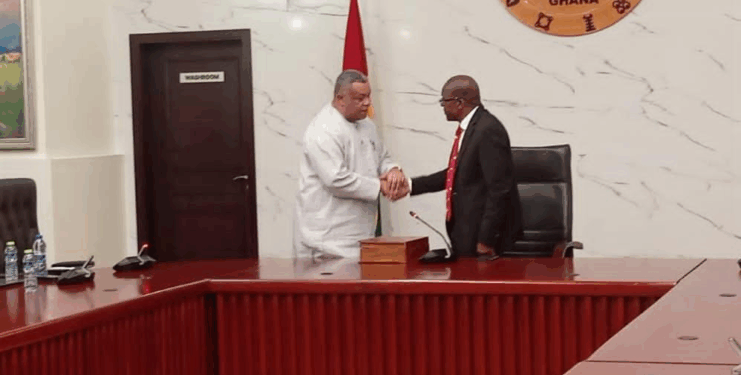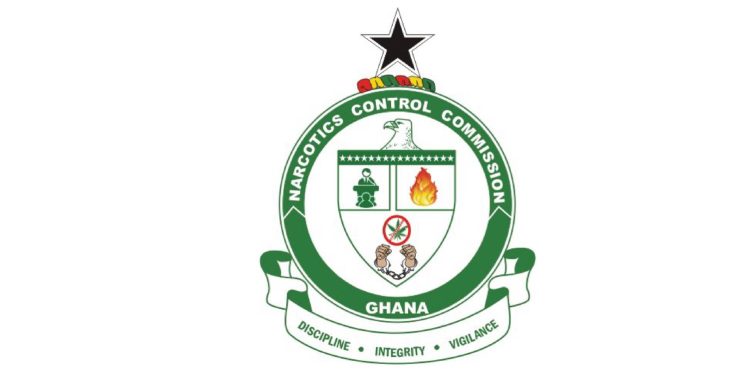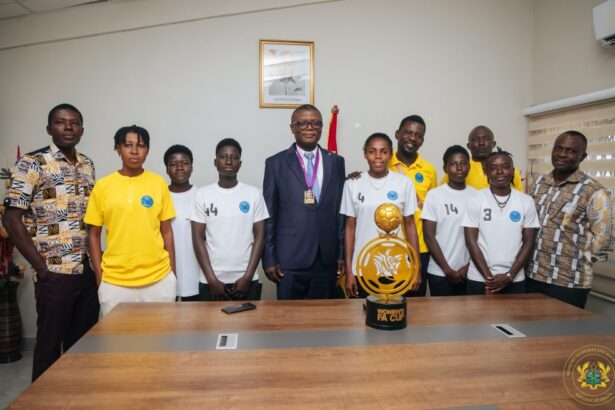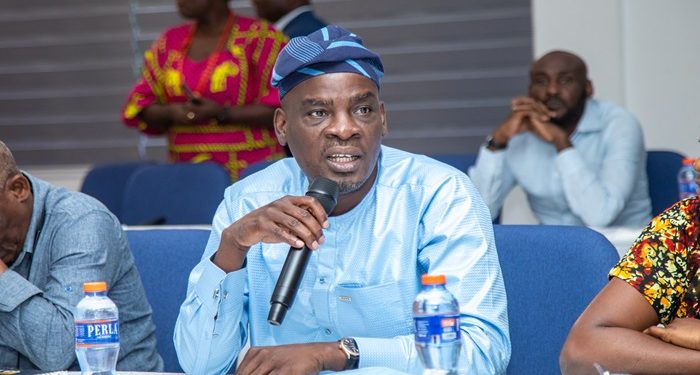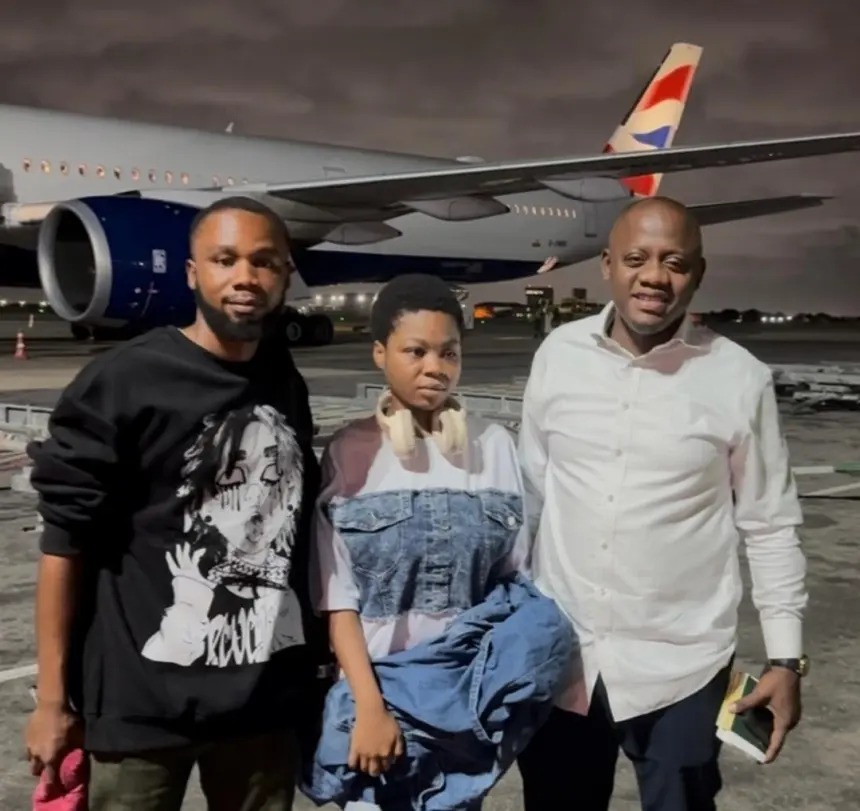Professor Dominic Fobih, Minister of Environment and Science (MES) on Wednesday said the invasion of alien species, such as water hyacinth and ‘Acheampong’ weeds (Chromolaena Odorata) in Ghana was posing a great threat to water bodies and to socio-economic development.
Consequently, the government is making effort to obtain financial resources to acquire a waterweed harvester to manage infestations of such weeds. The Minister, who was opening a two-day stakeholders workshop on invasion of alien species in Accra said the huge investment required to manage water hyacinth infestation made it prudent to adopt measures to prevent the introduction of such weeds rather than to contain them after they have been introduced.
The workshop is being organised by MES, the Centre for Scientific and Industrial Research (CSIR) and the Centre for Applied Bioscience (CAB) International, Africa Regional Centre on theme: “Removing Barriers to Invasive Plant Management in Africa”.
Twenty-six participants from Ghana and Kenya and are attending. The workshop, being a joint project organised for the four African countries expected the participants to come up with a well-researched document on the alien species for funding to be sought for the eradication of invasive weeds in the country and Africa as a whole.
Prof Fobih said, “the current invasion of the Oti arm of the Volta Lake by water hyacinth has also become a great source of concern to the government in view of the importance of the Volta River to Ghana”.
He urged the participants to come out with proposals on tangible intervention that would attract support from our development partners in our efforts to deal with the problem.
Professor Alfred Oteng-Yeboah, Deputy Director in-charge of environment and health at the Council for Scientific and Industrial Research (CSIR) explained that, the water hyacinth, which has now been identified as the biggest threat to Ghana’s water bodies invaded the watercourses and produced dead materials that increase sedimentation.
The situation impeded the movement of vessels and hampered fishing and considerable economic loss to the state.
Prof. Oteng-Yeboah said the “neem” tree was also an alien species, which was affecting the growth of original plants at the Shai Hills Game Reserve in the Greater Accra Region.
The “neem” trees, he explained, had taken over the plants so the games (animals) were moving away from the place because they did not have anything to feed on.
Mr Edward Osei Nsenkyire, Chief Director of Ministry Environment and Science (MES), who chaired the function, said the alien species were brought into the country as crops and ornament only for them to turn round to spread to dangerous levels.
Source: GhanaWeb

